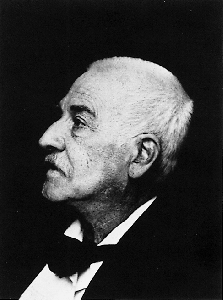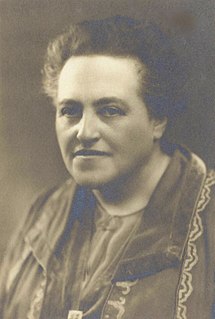A Quote by Edward Kennedy
The real transgression occurs when religion wants government to tell citizens how to live uniquely personal parts of their lives. The failure of Prohibition proves the futility of such an attempt when a majority or even a substantial minority happens to disagree. Some questions may be inherently individual ones, or people may be sharply divided about whether they are. In such cases, like Prohibition and abortion, the proper role of religion is to appeal to the conscience of the individual, not the coercive power of the state.
Quote Topics
Abortion
About
Appeal
Attempt
Cases
Citizens
Conscience
Disagree
Divided
Even
Failure
Futility
Government
Happens
How
Individual
Inherently
Like
Live
Lives
Majority
May
Minority
Occurs
Parts
People
Personal
Power
Prohibition
Proper
Proves
Questions
Real
Religion
Role
Some
State
Substantial
Tell
Transgression
Uniquely
Wants
Whether
Related Quotes
People of faith should not invoke the power of the state to decide what everyone can believe or think or read or do. In such cases, like abortion or prayer or prohibition or sexual identity, the proper role of religion is to appeal to the free conscience of each person, not the coercive rule of secular law.
And may I not be allowed to ... read in the character of the American people, in their devotion to true liberty and to the Constitution which is its palladium [protection], ... a Government which watches over ... the equal interdict [prohibition] against encroachments and compacts between religion and the state.
The proper role of government is exactly what John Stuart Mill said in the middle of the 19th century in "On Liberty." The proper role of government is to prevent other people from harming an individual. Government, he said, never has any right to interfere with an individual for that individual's own good.
The prohibition is general. No clause in the Constitution could by any rule of construction be conceived to give to Congress a power to disarm the people. Such a flagitious attempt could only be made under some general pretense by a state legislature. But if in any blind pursuit of inordinate power, either should attempt it, this amendment may be appealed to as a restraint on both.
I believe that religious witness should not mobilize public authority to impose a view where a decision is inherently private in nature or where people are deeply divided about whether it is... Americans are plainly and persistently divided about abortion and the fiat of government cannot settle the issue as a matter of conscience or of conduct.
It goes beyond mere 'acknowledgment' of religion because its sole purpose is to encourage all citizens to engage in prayer, an inherently religious exercise that serves no secular function in this context. In this instance, the government has taken sides on a matter that must be left to individual conscience.
The seventeenth century is everywhere a time in which the state's power over everything individual increases, whether that power be in absolutist hands or may be considered the result of a contract, etc. People begin to dispute the sacred right of the individual ruler or authority without being aware that at the same time they are playing into the hands of a colossal state power.
I'm not one who learned the Koran through recitation as a child, but one thing that always stands out is that there's no compulsion in religion. You can't tell people how to believe. It is an individual's relationship with their creator, and human beings should not be in the business of trying to tell others how they should live their lives.
Freedom is necessary for two reasons. It's necessary for the individual, because the individual, no matter how good the society is, every individual has hopes, fears, ambitions, creative urges, that transcend the purposes of his society. Therefore we have a long history of freedom, where people try to extricate themselves from tyranny for the sake of art, for the sake of science, for the sake of religion, for the sake of the conscience of the individual - this freedom is necessary for the individual.
































